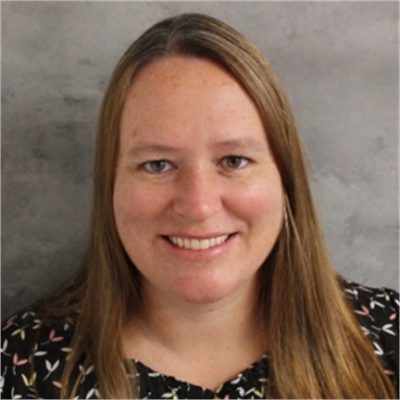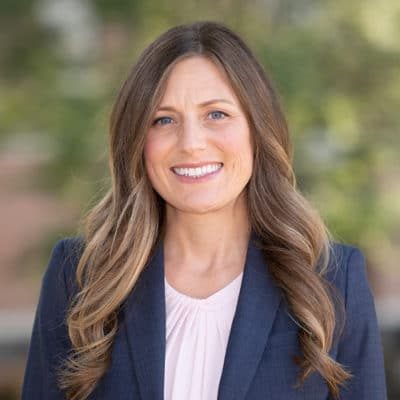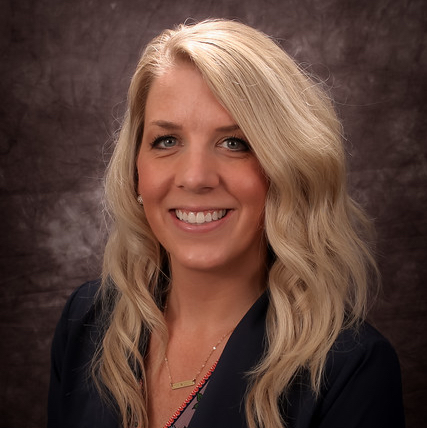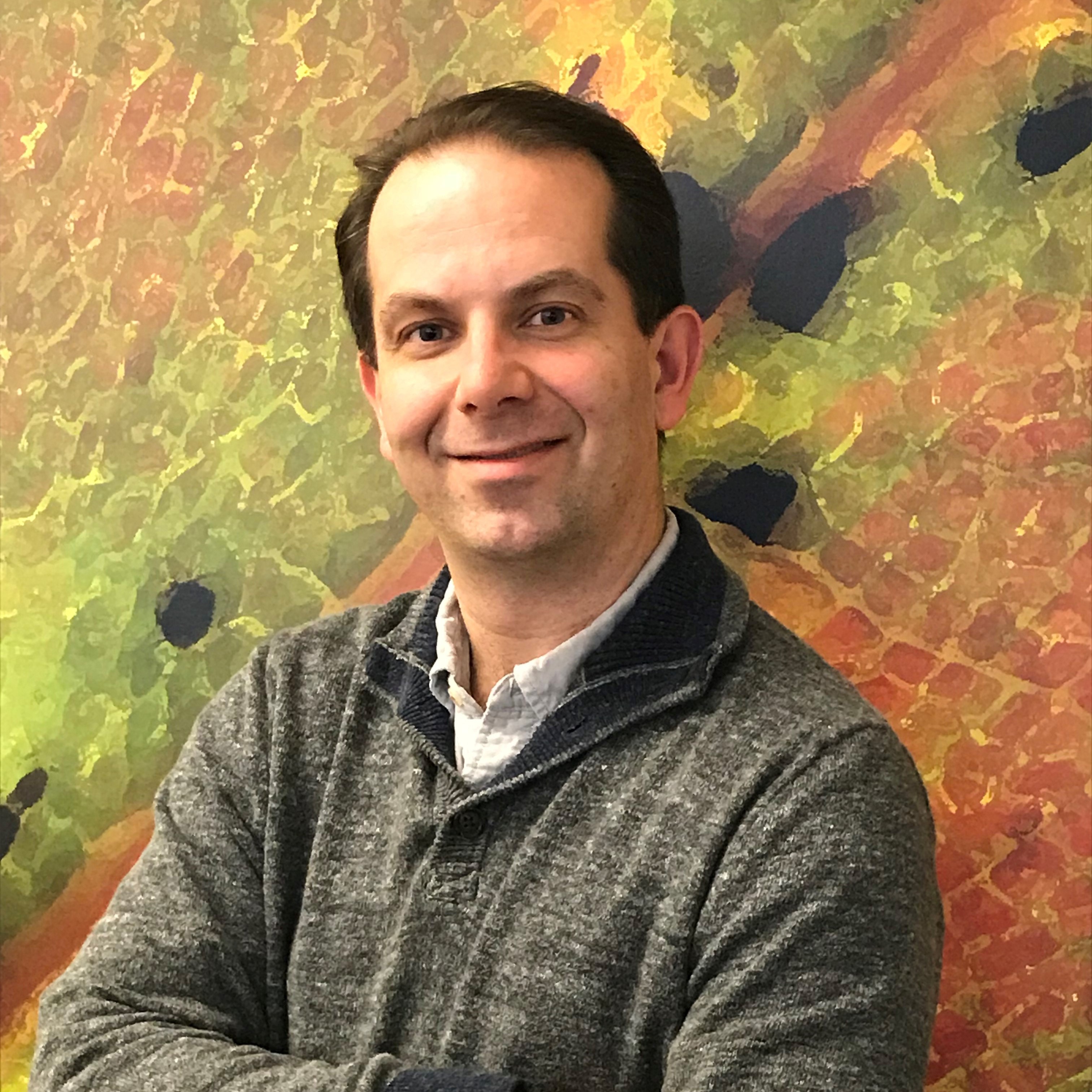An Overview of Young-Onset Parkinson's Disease - Clinical and Patient Perspectives
| Registration |
|---|
You must log in or create an account before enrolling in this educational activity. Once you register for the course, you will have 30 days from the date of enrollment to complete the course. The date your access expires will be indicated in the Course Summary box on this webpage. |
Target Audience
Healthcare professionals.
Educational Need
Parkinson's Disease (PD) is a progressive disorder that causes central nervous system degeneration and unintended neuromuscular symptoms such as tremors, stiffness, and difficulty with balance and coordination. It is considered young-onset PD (YOPD) when the individual is younger than 50. While the clinical presentation is similar to late-onset PD, YOPD patients experience symptoms and take medications for longer, contributing to a significantly greater risk of developing dyskinesias and dystonias. They also often face unique financial, family, and employment challenges that are less frequently an issue than their late-onset counterparts.
A positive aspect of YOPD is that younger brains are more neuroplastic, which allows the brain to respond to treatment more effectively. Participation in specialized movement programs early in the disease progression can maintain and even improve the loss of central nervous system function. Cases of YOPD should be referred to movement specialists as early as possible to ensure the best functional outcome for these individuals. Healthcare providers must be competent in identifying YOPD and can promptly initiate treatment for their younger-adult patients.
Objectives
- Recognize the typical clinical presentation and special considerations related to YOPD.
- Recall the most common pharmacological intervention for controlling YOPD and its side effects.
- Describe the indications for Deep Brain Stimulation in the management of YOPD.
- Explain the benefits and goals of exercise/movement-based interventions to improve symptoms and lessen the impact of the disease for individuals with YOPD.
- Reflect on how the patient perspective impacts healthcare providers.
Speakers
Allison Larson, PT, DPT, NCS |
Danielle Horgen, MMS, PA-C |
Kelsee Hove, OTD, OTR/L, CBIS, DRS |
Craig Haas |
Terms of Use and Privacy Policy
Recording date: October 13, 2022
Date of original release: October 19, 2022
Most recent review/update: October 19, 2022
Termination date: October 18, 2024
Accreditation Statements
 MD: This activity has been planned and implemented in accordance with the accreditation requirements and policies of the Iowa Medical Society (IMS). Des Moines University (DMU) is accredited by the IMS to provide continuing medical education for physicians. DMU designates this enduring materials activity for a maximum of 1.0 AMA PRA Category 1 Credit(s)™. Physicians should only claim credit commensurate with the extent of their participation in the activity.
MD: This activity has been planned and implemented in accordance with the accreditation requirements and policies of the Iowa Medical Society (IMS). Des Moines University (DMU) is accredited by the IMS to provide continuing medical education for physicians. DMU designates this enduring materials activity for a maximum of 1.0 AMA PRA Category 1 Credit(s)™. Physicians should only claim credit commensurate with the extent of their participation in the activity.- DO: Des Moines University (DMU) is accredited by the American Osteopathic Association (AOA) to provide osteopathic continuing medical education for physicians. DMU designates this activity for a maximum of 1.0 AOA Category 1-B credits and will report CME and specialty credits commensurate with the extent of the physician’s participation in this activity.
- Nurse: Des Moines University is Iowa Board of Nursing approved provider #112. This activity has been reviewed and approved for 1.0 continuing education contact hour(s). No partial credit awarded.
- Other Healthcare Professionals: This enduring materials activity is designated for a maximum of 1.0 AMA PRA Category 1 Credit(s)™.
Educational Grants
No ineligible company provided financial support for this continuing education activity.
DISCLOSURE
The planning committee member(s) and speaker(s) will disclose if any pharmaceuticals or medical procedures and devices discussed are investigational or unapproved for use by the U.S. Food and Drug Administration (FDA). The determination of educational content and the selection of speakers is the responsibility of the activity director.
Relevant to the content of this educational activity, the following individual(s) have no conflict(s) with ineligible companies to disclose.
- Craig Haas - Speaker
- Danielle Horgen, MMS, PA-C - Speaker
- Kelsee Hove, OTD, OTR/L, CBIS, DRS - Speaker
- Allison Larson, PT, DPT, NCS - Speaker
Disclaimer
The information provided in this activity is for continuing education. It is not meant to substitute for the independent medical judgment of a healthcare provider relative to diagnostic and treatment options of a specific patient’s medical condition. The content of each presentation does not necessarily reflect the views of Des Moines University.
Available Credit
- 1.00 AMA PRA Category 1 Credits™
- 1.00 AOA Category 1B
- 1.00 CE Contact Hour(s)
- 1.00 CPME
- 1.00 IBON

 Facebook
Facebook X
X LinkedIn
LinkedIn Forward
Forward


